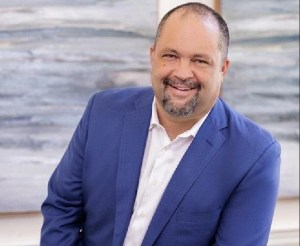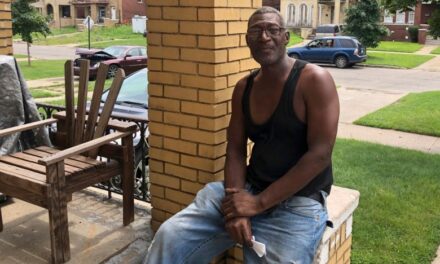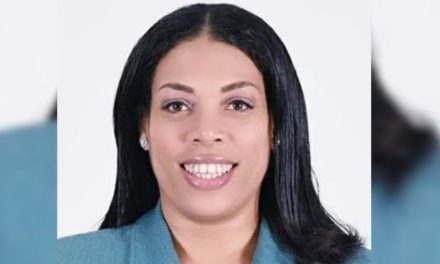By Ben Jealous
The theme for the 53rd Earth Day last Saturday was a timely one: Invest in Our Planet. This country has just begun to do that through the infrastructure and clean energy packages that President Biden and Congress approved in 2021 and 2022.
We will be spending more money transforming our economy in the next decade than we spent getting astronauts to the Moon. We’re moving from an economy that destroys places and people with pollution and climate threats to one that can lift them up everywhere. We have the technology, the demand and now the federal investment, to power your house for less, to power your car for less and to create good jobs that will last because they aren’t killing the planet.
Earlier in the week, we saw how misguided the opposition is to this commitment to a healthier, safer world powered by abundant sources when House Speaker Kevin McCarthy gave a speech at the New York Stock Exchange. That’s Ground Zero for private sector investing in this country, if not the world.
He made clear that he and his colleagues don’t want to begin a renewal of the American economy through cleaner jobs. They want instead to make things easier for the fossil fuel companies that raked in a record $200 billion in profits in 2022.
McCarthy, in fact, said he’s willing to risk the full faith and credit of the United States to extend our reliance on the dirtiest and most volatile energy sources and push even more money into the pockets of Big Oil and Gas. He told those investors and financiers in New York that he would tie support for raising the federal debt ceiling – how much we can borrow to pay what we already owe – to a grab bag of giveaways to corporate polluters in their energy package.
McCarthy is taking us hostage in this way because he knows that an energy bill will never become law if it undermines long standing environmental laws that give the public a say in new projects and permits. His bill uses new laws to cut a new program to slow climate change by reducing methane emissions, and if it eliminates help to disadvantaged communities to get the low- and zero-emission technology they want.
He said he was looking forward when what he described will lock us in a gas-powered economy that we can’t afford. The idea that oil and gas companies need more help can’t stand up to the facts that they’ve made more than ever, and they already have the right to drill in thousands of places that they haven’t used.
Beyond decimating environmental safeguards, the plan harms those at the bottom end of economy with cuts to preschool access, nutrition programs for women and children, and medical care for veterans.
McCarthy and his colleagues try to put folks spin on their backward ideas by saying our families must stick to a budget and can’t spend more than they earn, so why should the federal government? Raising the debt ceiling isn’t about new spending, it’s about paying for what we’ve already spent.
A better analogy for what they want to do to the once-in-a-lifetime investment that we’ve agreed to make, and so clearly need, is this. Imagine wanting to get healthy and buying expensive running shoes and a gym membership, then stopping for pizza on the way home from every workout. That’s what would happen if the handouts to dirty corporations ever came to pass.
We’ve given ourselves the chance to transform our economy in ways that will help save the planet. Now we must stand firm against self-interested polluters and politicians who want to threaten us into slowing down.
Ben Jealous is executive director of the Sierra Club, the nation’s largest and most influential grassroots environmental organization. He is a professor of practice at the University of Pennsylvania and author of “Never Forget Our People Were Always Free,” published in January.
The opinions on this page are those of the writers and not necessarily those of the AFRO. Send letters to The Afro-American • 233 E. Redwood Street Suite 600G
Baltimore, MD 21202 or fax to 1-877-570-9297 or e-mail to editor@afro.com
The post The investment in our planet that we need appeared first on AFRO American Newspapers .











